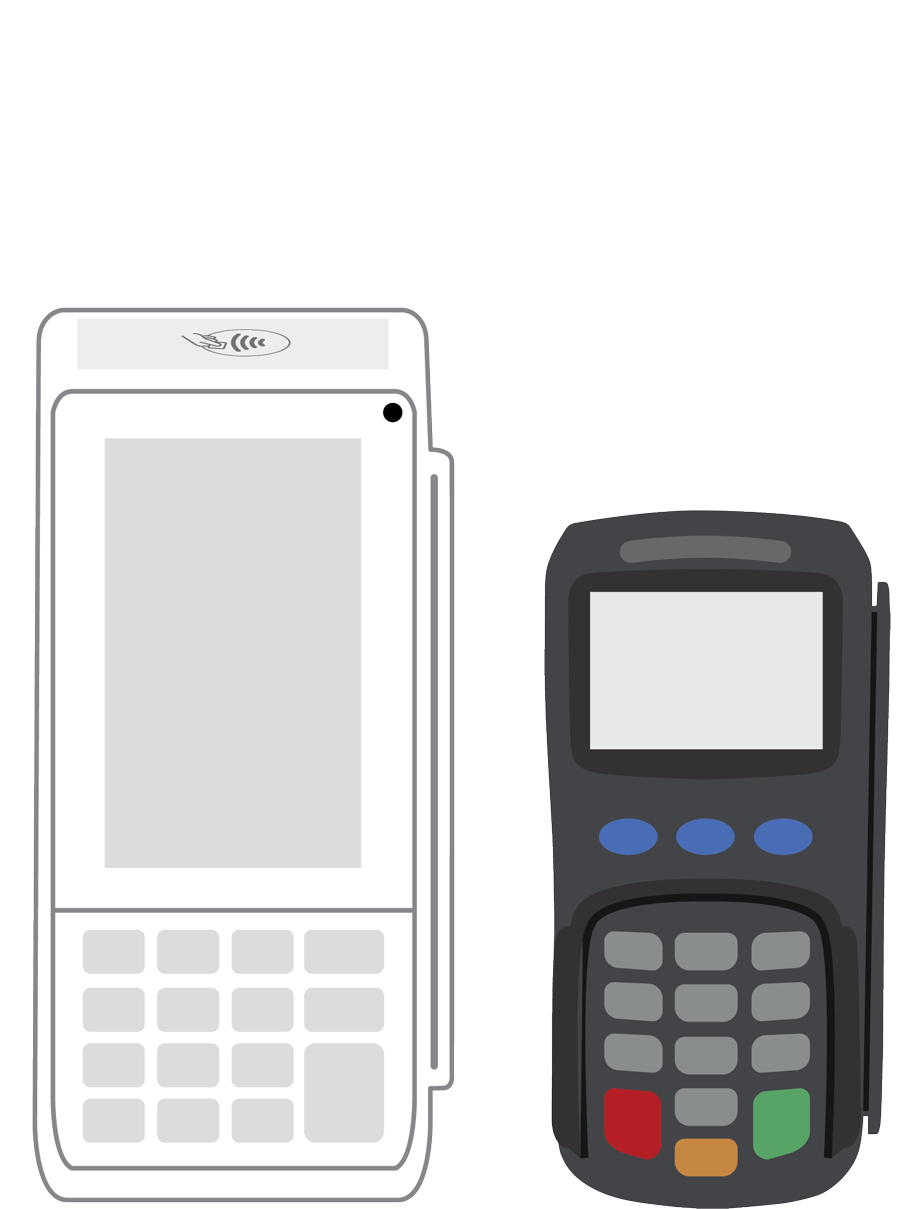8 important elements of strong branding and why you need them for your small business.

Both in-store sales and online selling require one common element: a strong brand that will lead to customer engagement and sales. Consisting of far more than a name and a logo, your brand encompasses numerous elements that include audience targeting, product design, and customer support. Become familiar with the most important elements to learn why your dynamic brand is arguably the most important facet of your retail business.
1. Name.
More than a word, your name reflects your company’s essence, defining it and differentiating you from your competitors. Strong brands have monikers that are simple, memorable, and original.
2. Audience understanding.
Until you know who your customers are, you will have no clue how to sell to them. Therefore, you need to use data analytics tools and scour social media to determine the demographics, preferences, and pain points of your potential buyers so that you can tailor your offerings and brand focus appropriately.
3. Logo.
This is the visual hallmark of your brand. As such, it needs to be unique, recognizable, and memorable as it accurately conveys the message you want to send.
4. Brand book.
This compendium document contains every feature of your brand that you develop: logo design, font types and sizes, brand colors, and layout protocols. All of these puzzle pieces combine to form your brand’s overall look and feel. You want to be sure that every aspect is compatible, with nothing that is jarring or contradictory.
5. Unique value proposition.
UVP lets the world know how your brand is set apart from its competitors as well as what pain points it resolves. It needs to be clear, simple, and descriptive, enabling your business to establish a viable position in the marketplace.
6. Credibility in the marketplace.
When potential buyers think of your company as a trusted expert in your niche, they are far more likely to buy your products and refer you to their social contacts. Generating unique textual and video content containing information and insights into product use and benefits can help you to establish yourself as an authority. If you do it well, you just might be featured on nationally recognized webinars and podcasts and be asked to collaborate with influencers in your industry.
7. Company values.
Customers want to know what you stand for, and they are far more likely to buy from you if they bond with your mission. When you establish a set of values, it is crucial that you authentically espouse them and that you never break this promise to your customers. By doing so, you will create a brand that is alive and real, far from the faceless corporate robots that buyers steer away from.
8. Consistency.
Although customers want to do business with companies that change with the times, they also require cohesion and predictability when it comes to brand identity. Throughout the buying experience, the brand’s voice and commitment to its values should remain unwavering. This should occur across all marketing channels, including advertising campaigns, social media pages, emails, and in-store messaging.
Establishing a strong brand enables you to run a purpose-driven, focused company that provides unique offerings to its carefully curated target audience. Consistent, cohesive, and memorable, your brand is the glue that bonds customers to you and the beacon that inspires new ones to explore your company. No matter how small your retail operation might be, your brand must be one of its biggest components.
 3-in-1 Reader |  Terminal |  Keypad |  PINPad Pro |  Flex |  POS+ | |
|---|---|---|---|---|---|---|
Payment types | ||||||
EMV chip card payments (dip) | ||||||
Contactless payments (tap) | ||||||
Magstripe payments (swipe) | ||||||
PIN debit + EBT | ||||||
Device features | ||||||
Built-in barcode scanner | ||||||
Built-in receipt printer | ||||||
Customer-facing second screen | ||||||
External pinpad | ||||||
Wireless use | ||||||
Network | ||||||
Ethernet connectivity | With dock | |||||
Wifi connectivity | ||||||
4G connectivity | ||||||
Pricing | ||||||
Free Placement | ||||||